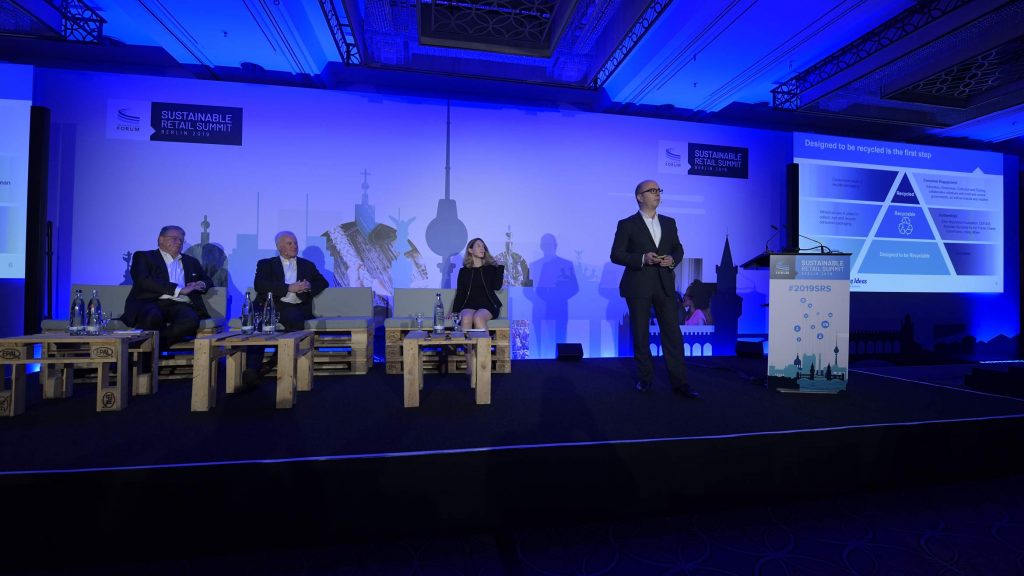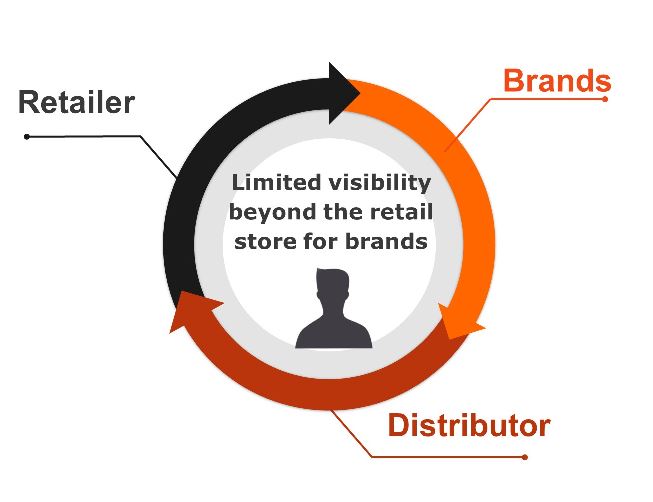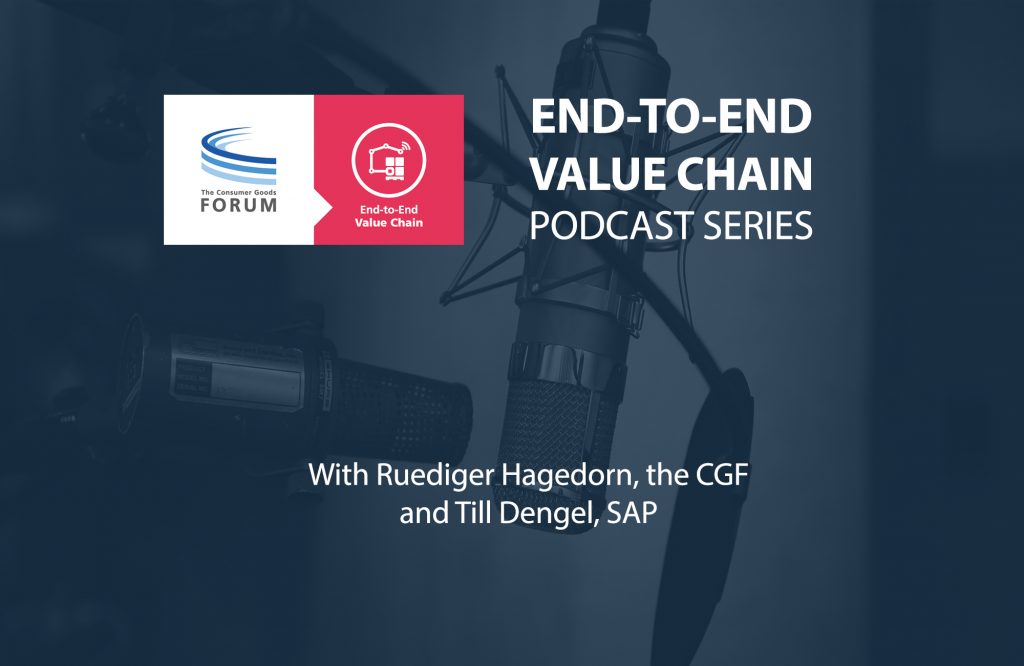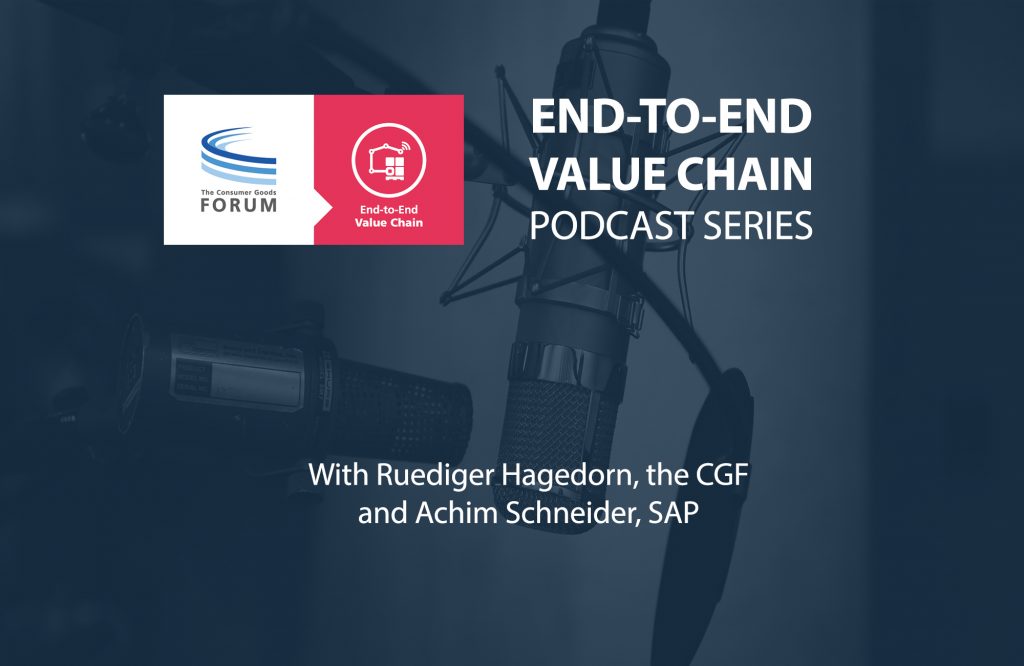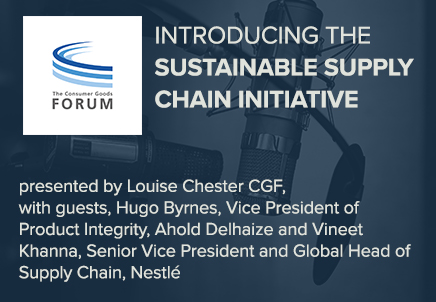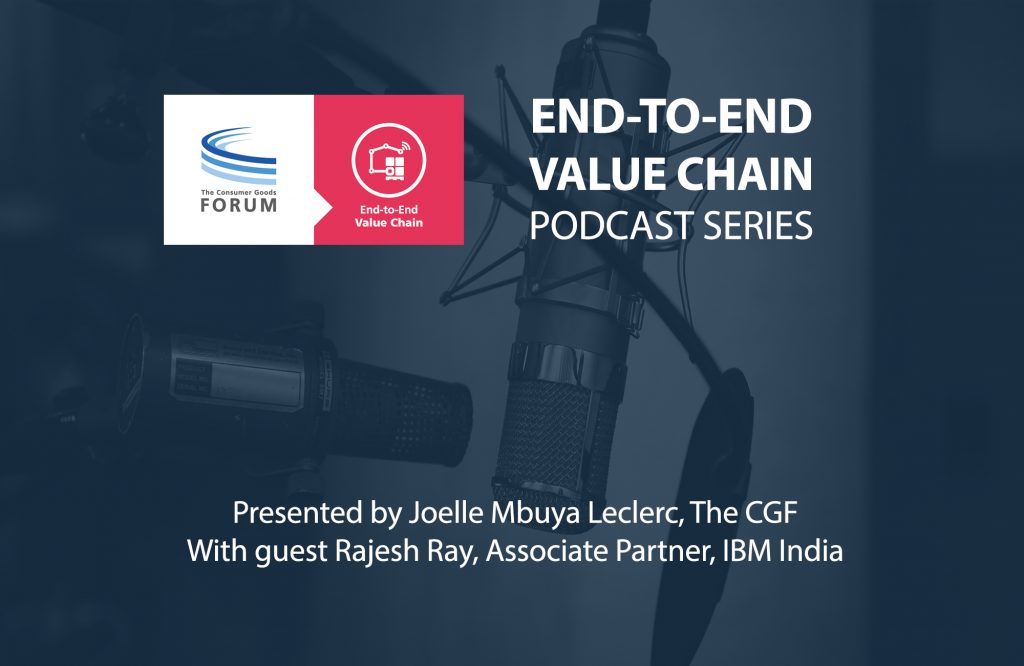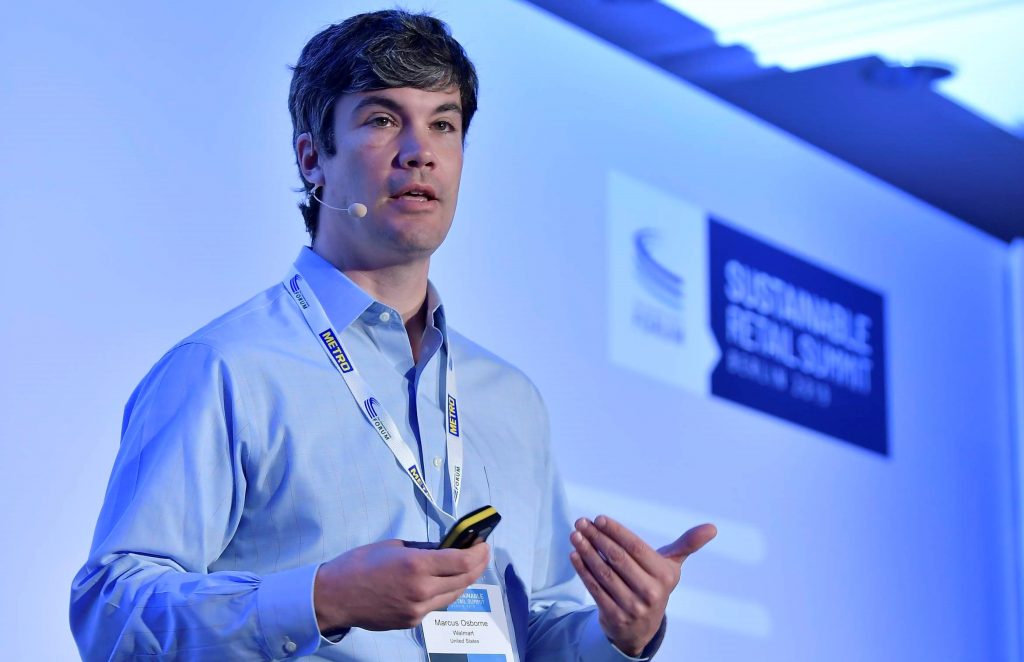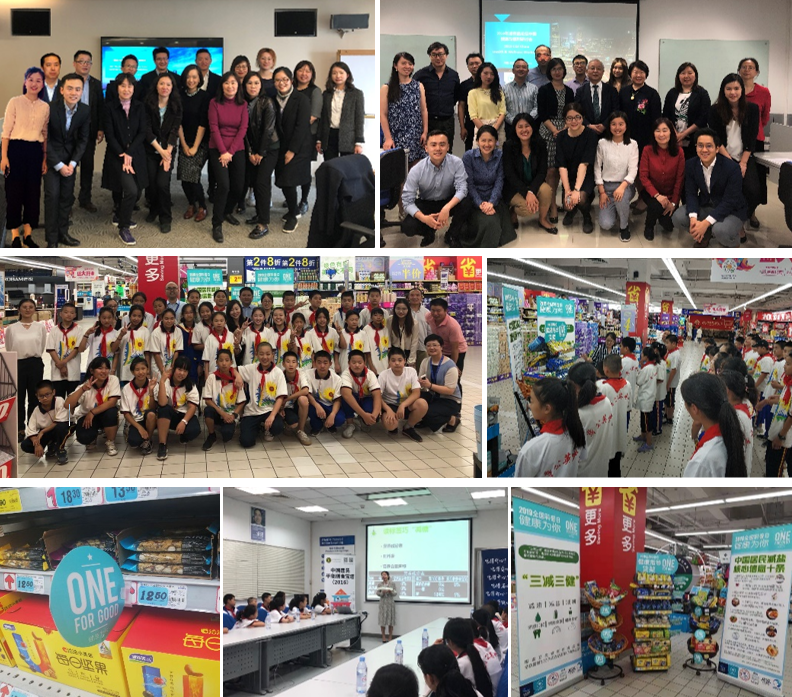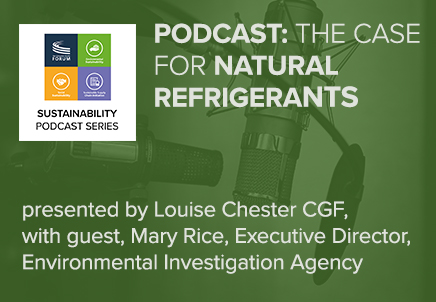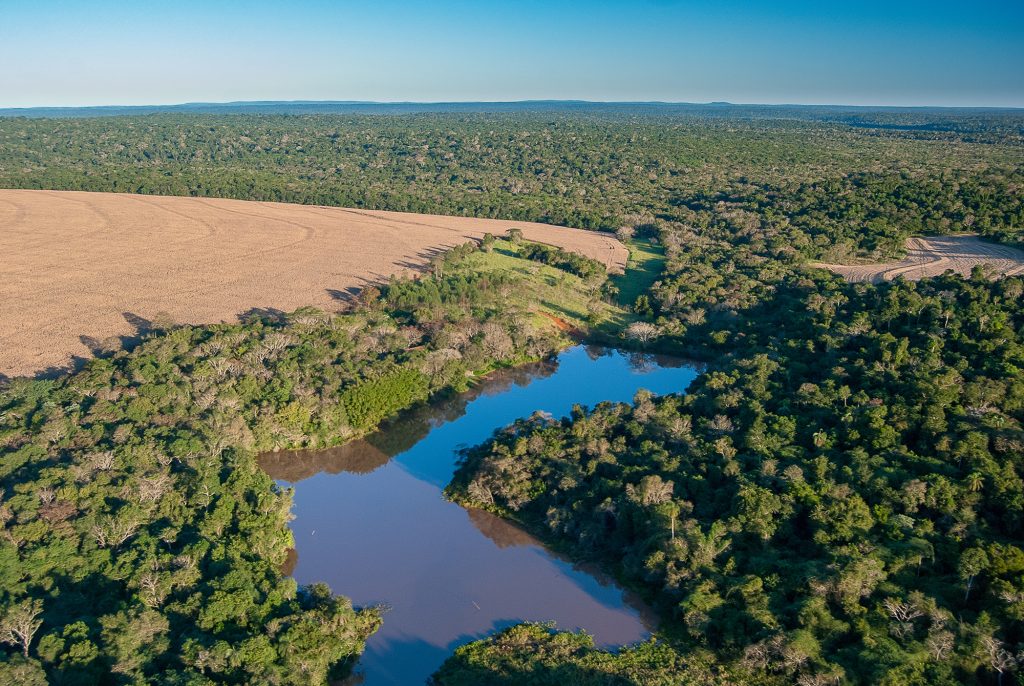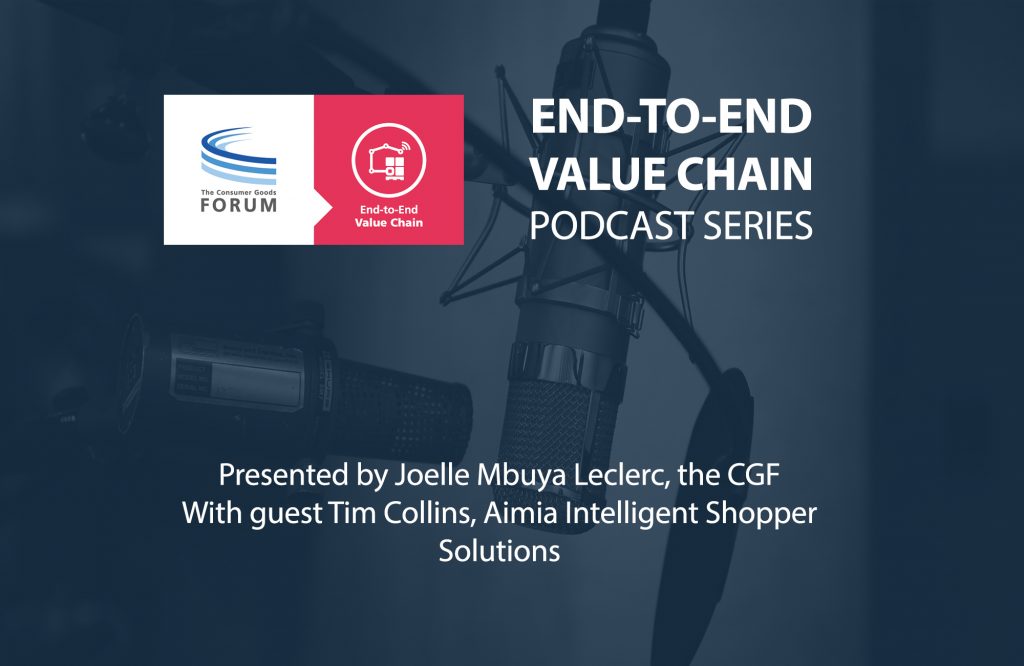Explore Tags
#Oonagh Turnbull, #Alive & Thrive, #Paris N4G, #Human Rights Defenders, #CHRO, #business and human rights, #METRO France, #ethical supply chain, #groupe nutriset, #Migrant Workers, #Groupe Savencia, #Usha Kakaria-Cayaux, #Flora Food Group, #HRDD Asia, #collaborative business solutions, #modern slavery act, #Asia-Pacific recruitment, #Embode, #Walk Free, #forced labour solutions, #UN Forum on Business and Human Rights, #Happy Workforce Programme, #recruitment marketplace, #corporate governance, #sustainable business, #chefs, #Mon Restaurant Passe Au Durable, #Labeyrie Fine Foods,
